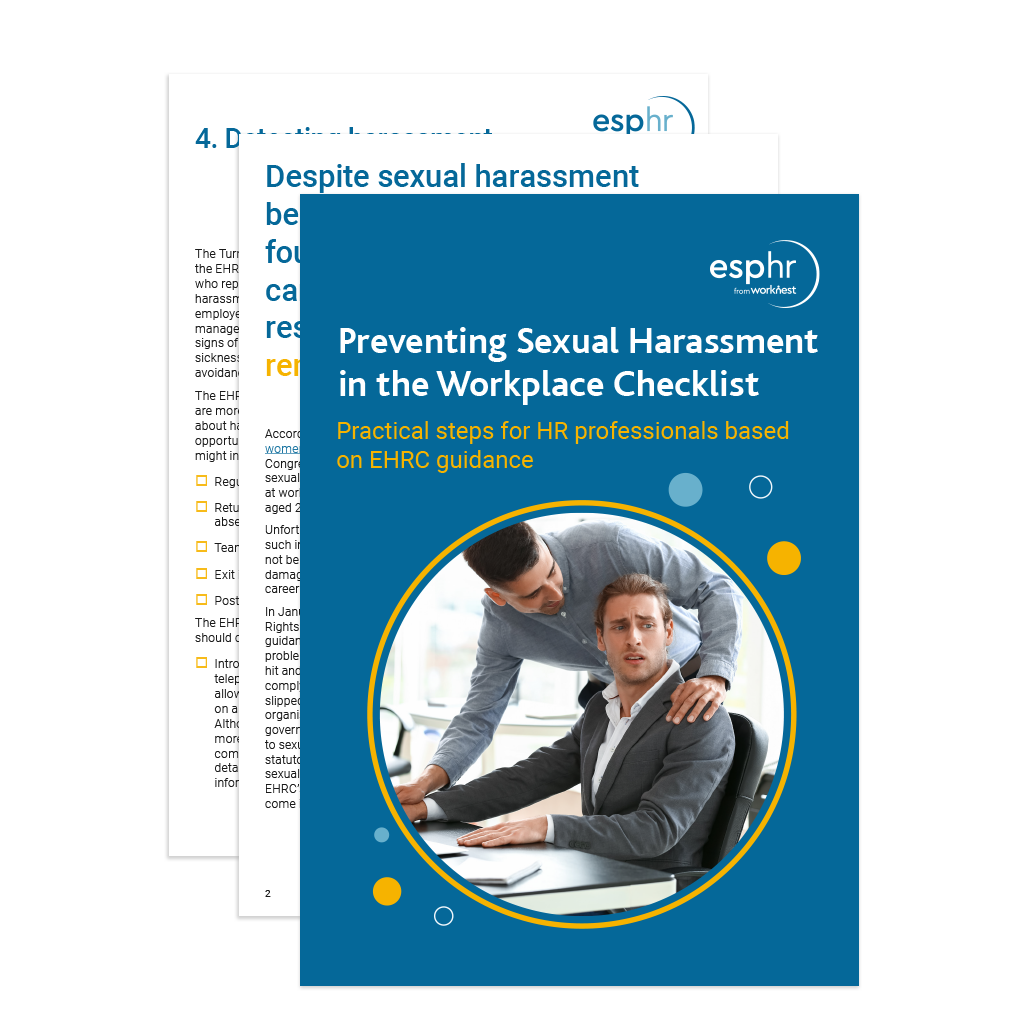What the Employment Rights Bill could mean for employers
The proposed Employment Rights Bill is set to shake up the way trade unions interact with employers – and many HR teams are already bracing themselves for the change.
According to new research from our sister company, WorkNest, more than half of businesses (53%) expect union activity to increase if membership thresholds for recognition are lowered, as proposed in the Bill. For HR professionals and leaders, this raises important questions about how best to prepare for the potential shift in workplace dynamics.
Union engagement on the rise
WorkNest’s survey revealed that more than a quarter of employers (28%) have engaged with trade unions in the last 12 months. If recognition thresholds are reduced, many more organisations could find themselves negotiating with unions for the first time, or dealing with a step-up in existing activity.
This means HR leaders will need to ensure they have the right legal knowledge, negotiation skills, and engagement strategies in place to manage these relationships constructively.
Employers’ top concerns
Interestingly, the research suggests that no single issue dominates employer worries about the reforms. Instead, a range of challenges are on the radar:
- Managing risk (48%)
- Negotiating union access in good faith (39%)
- Updating contracts (35%)
- Avoiding CAC disputes and financial penalties (27%)
This highlights just how multi-faceted the impact of the reforms could be – with implications spanning day-to-day HR processes, compliance, and strategic workforce management.
Why HR should act now
With the Employment Rights Bill expected to receive Royal Assent this Autumn, and trade union reforms likely to take effect in April 2026, employers don’t have long to prepare.
Supporting your organisation through change
WorkNest recently hosted a webinar, Trade Union Reforms Explained, to help employers understand the proposals and what they mean in practice. The session explores key steps HR can take to prepare, from strengthening internal policies to building constructive dialogue channels with union representatives. You can access the on-demand recording here.




